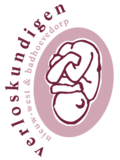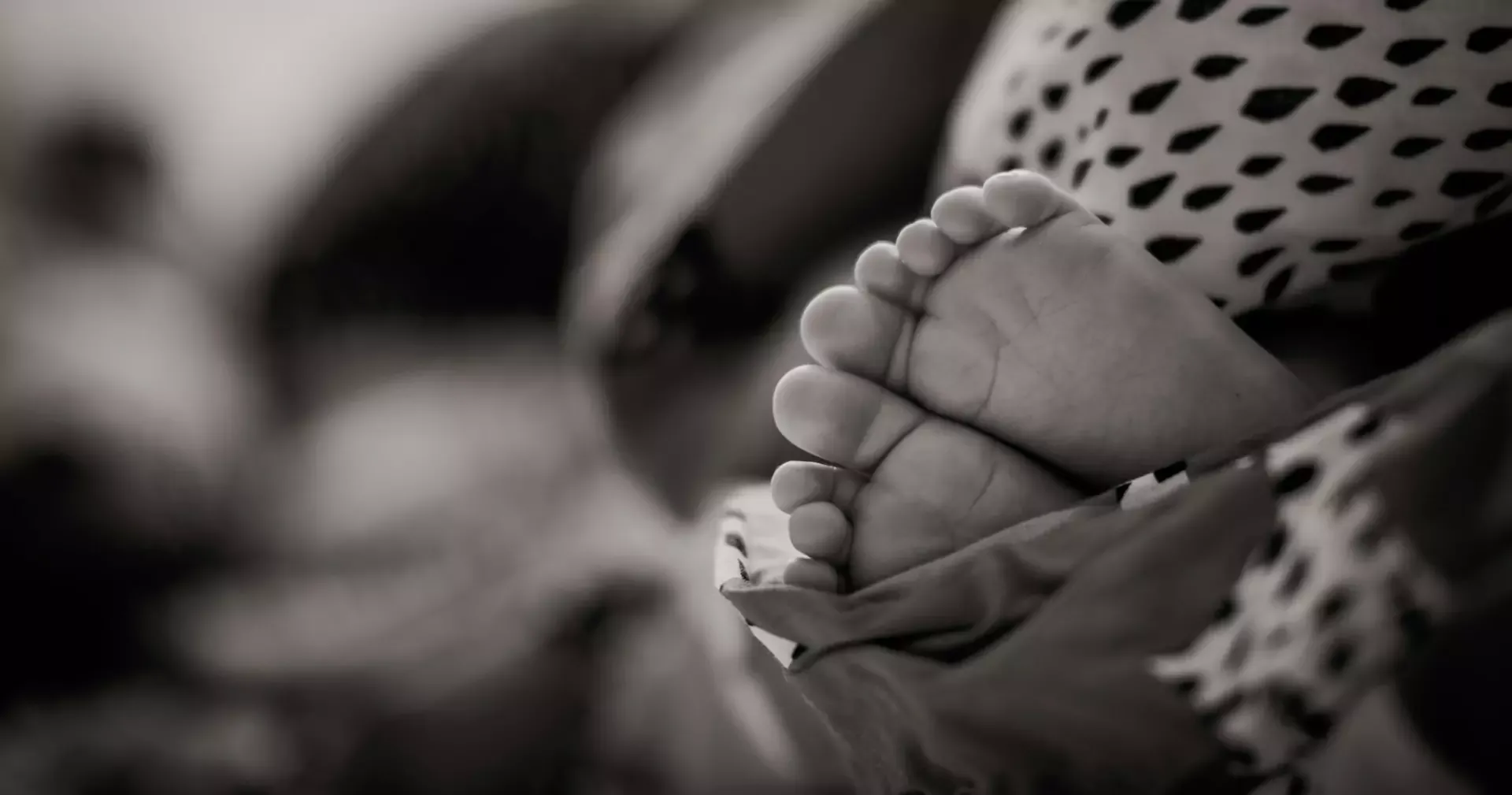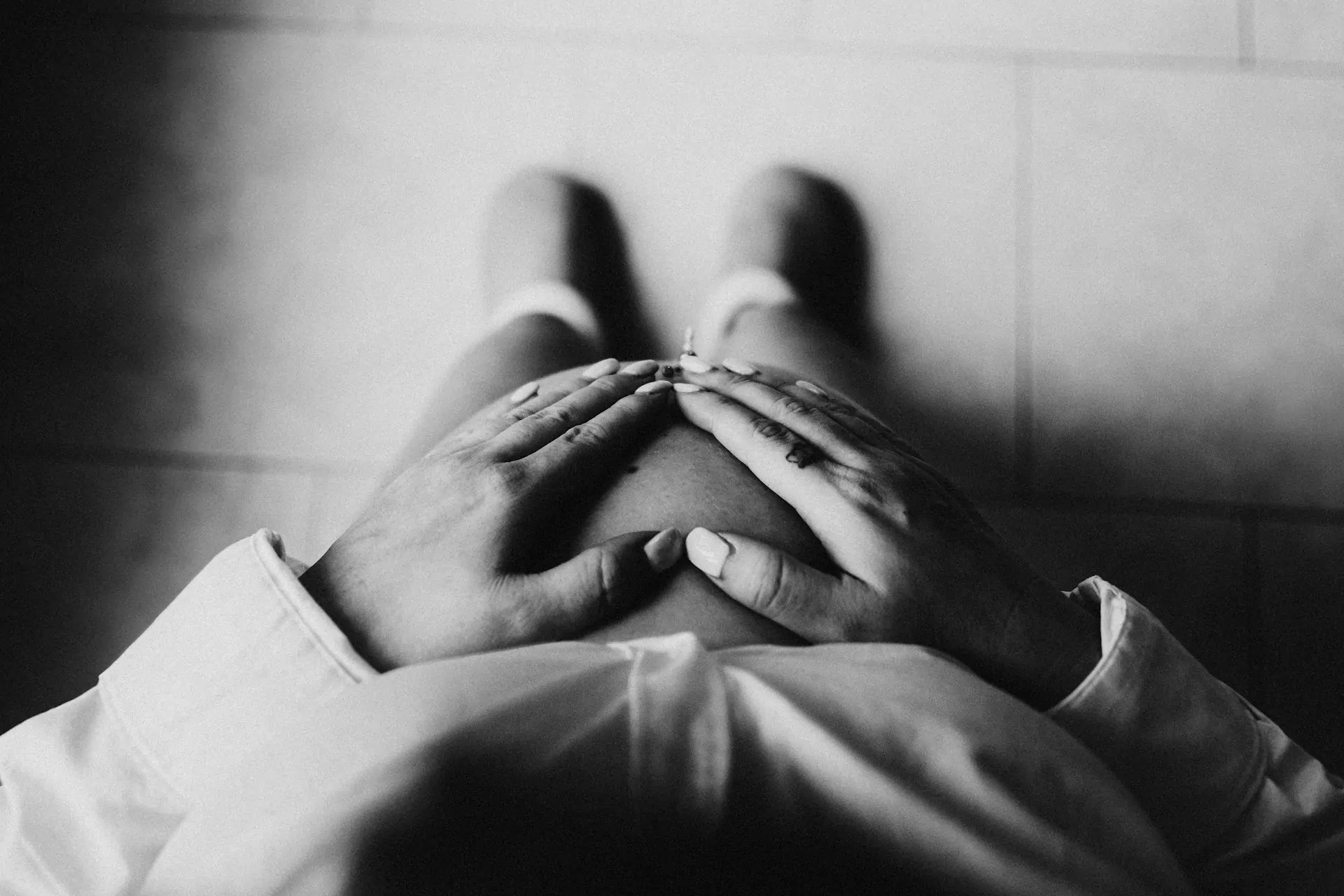During your pregnancy, we’ve met you regularly and carried out check-ups. But what happens when you call us during labour? If you’re under our care at the start of your labour, we will generally guide you through the process. You can choose whether to give birth at home or in the hospital with us (policlinic).
When is there an indication for hospital admission?
Sometimes during pregnancy, such as due to previous births, we might advise, for medical reasons, that you give birth in a hospital. Examples of this include:
Examples of medical indications during pregnancy
In certain situations, you’ll give birth with a medical indication. Sometimes there is already a medical indication during pregnancy, and care is transferred to the hospital. There are also medical indications that arise during labour, in which case our hospital colleagues will take over. Examples include:
- Previous C-section (under our care until 36 weeks)
- Desire for pain relief during labour (other than gas)
- Pregnancy complications such as pre-eclampsia or gestational diabetes, which may require planned induction
- Baby has passed meconium (poo) in the amniotic fluid
If you need us during labour, you can call us on the emergency number. Depending on the stage of labour, we’ll visit you at home and carry out checks.
How does a hospital birth work?
If this is your first baby and you’d like to give birth in the hospital, there’s often time after the first check to wait at home. We’ll usually arrange to come back in 2-3 hours to check your progress. If it’s not your first baby, labour usually progresses faster, and often when we first come, there’s already enough dilation for us to stay with you or head to the hospital.
We monitor the progress and safety during labour. We trust in the natural process and will advise and inform you throughout, but never do anything routinely or without your consent.
What if pain relief is needed?
If you find the pain too intense to manage, pain relief may become necessary. In this case, a gynaecologist will be involved. You can read more about pain relief options during labour. Once your baby is born, they will usually be placed on your chest for skin-to-skin contact, while we assist with delivering the placenta, which usually happens within 20 minutes.
What can you expect from us?
- Delayed cord clamping
- Skin-to-skin contact
- No routine medication
- Explanation of everything we do and why
- If stitching is needed, we’ll provide local anaesthesia
- Once you’ve recovered a bit, and the baby has possibly breastfed, we’ll weigh and examine the baby
Clear communication about next steps
Communication with you about what we are doing is very important. Sometimes you may have planned a home birth, but if things progress slowly, we may recommend moving to the hospital. Conversely, you may have planned a hospital birth, but if labour moves quickly, you might end up staying at home. You can also change your mind. All of this is perfectly fine, as long as mother and baby are doing well.




